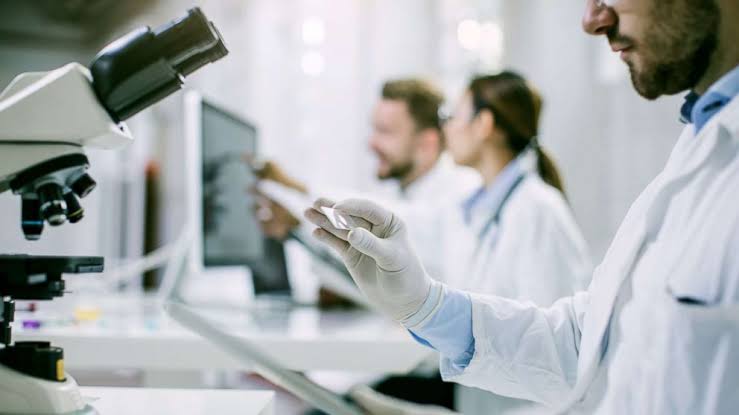A groundbreaking study has revealed that Salmonella could be genetically engineered to help T cells, a type of specialized white blood cells that protect the body from infections and diseases to target and kill cancer cells in the intestines or bowel.
Using mice, researchers found that Salmonella ordinarily inhibits T cells from fighting cancer by depleting an essential amino acid called asparagine, which is crucial for T cell function. However, by manipulating Salmonella, the researchers believe they can overcome this obstacle, potentially paving the way for innovative cancer treatments. Dr. Alastair Copland, the study's first author and a research fellow in immunology at the University of Birmingham, emphasized the transformative potential of this research. "One long standing mystery has been why T cells, which are key to fighting cancer, don’t function optimally during this treatment. Now, we've identified the protein responsible for this and pinpointed an exciting genetic target that could help us unleash the full potential of this therapy," he explained.
The research, funded by Cancer Research UK, could lead to new therapies for colorectal and other cancers. Dr. Catherine Elliott, director of research at Cancer Research UK, described the findings as "exciting" and a step forward in cancer treatment. “This discovery could result in more effective treatments for patients with colorectal and other cancers in the future, providing hope for patients,” she said. Bowel cancer is currently the fourth most common cancer worldwide, and advancements in its treatment remain critical. The potential to harness bacteria like Salmonella as a therapeutic tool represents a novel approach to cancer care.
Salmonella is typically associated with foodborne illnesses and is naturally present in the intestines of animals such as chickens, cows, and pigs. It can contaminate foods including eggs, poultry, pork, and even fruits and vegetables exposed to livestock or manure. Despite its pathogenic reputation, this new research suggests that with the right genetic modifications, Salmonella could be repurposed to fight cancer, offering a surprising and hopeful new application for this bacteria.
